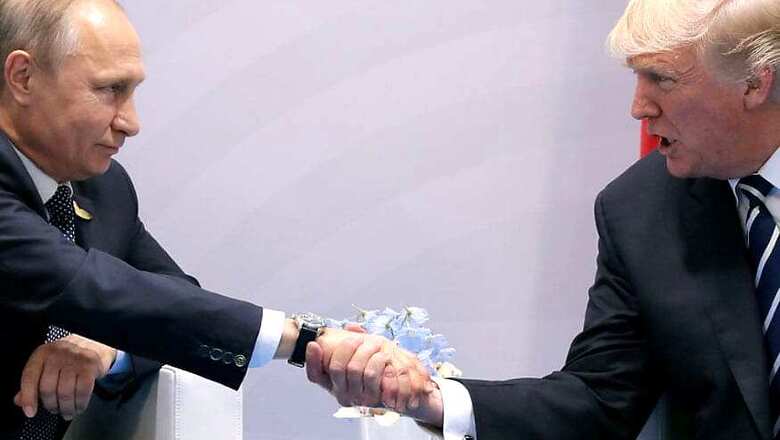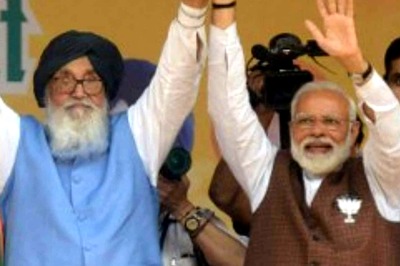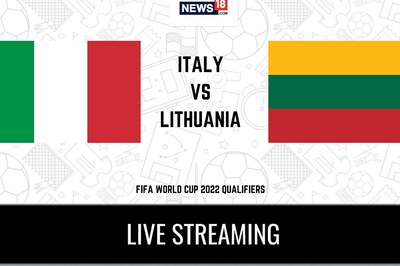
views
Washington: Donald Trump's one-time presidential campaign chairman Paul Manafort admitted in a court filing on Tuesday that he provided polling data from the campaign to a Russian with ties to intelligence during the 2016 US presidential race.
Manafort denied allegations from the Russian collusion investigation of Special Counsel Robert Mueller that he had lied about his dealings with Konstantin Kilimnik, arguing that he merely forgot details during the hectic election campaign.
The specifics of the Mueller allegations were not previously known publicly, having been blacked out in a heavily redacted December 7 filing by the Russia collusion prosecutor's team.
But in Manafort's response, the electronic formatting for the redaction could have easily been bypassed, revealing exactly what Manafort was accused of lying about.
It showed that Mueller had questioned Manafort on his discussions with Kilimnik in 2016 on a possible peace plan for Ukraine -- where the two had worked together several years earlier for a pro-Russia political party.
That could be significant, because Manafort is believed to have played a role in changing the Republican platform position on Ukraine during 2016 to a more Moscow-friendly stance.
Manafort's legal team argued in the filing that his client had been very busy managing Trump's White House campaign, and could not recall every communication.
"The same is true with regard to the government's allegation that Mr. Manafort lied about sharing polling data with Mr. Kilimnik related to the 2016 presidential campaign," they added in the redacted section.
The previously unknown allegation adds to mounting evidence that contacts between Russians and the Trump campaign were more than just incidental, though Mueller has yet to make a case that there was any conspiracy that involved the campaign.
Manafort, 69, has already been convicted in one case brought by Mueller, and pleaded guilty in another, over financial crimes related to his work in Ukraine before the 2016 campaign, and for witness tampering, which also involved Kilimnik.
He had a deal to cooperate with Mueller while delaying sentencing, which eventually could mean years in jail. But in December Mueller's team asked the court to schedule sentencing, saying Manafort had violated that deal by lying to investigators.
Manafort's lawyers said their client had no reason to misrepresent the truth in his 12 interviews with investigators late last year.
Meanwhile Tuesday, the Supreme Court turned back a petition by an unnamed, foreign state-owned company that is resisting a grand jury subpoena in a highly secretive case also believed part of the Mueller inquiry.
The decision means the federal district court in Washington will be able to fine the company every day that it refuses to testify. But the identity of the company and any details of the case remained secret.




















Comments
0 comment